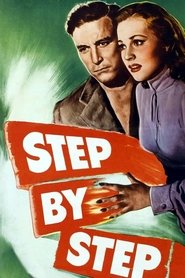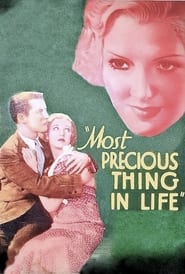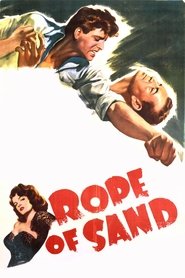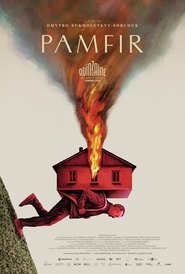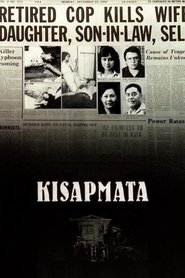
Video Sources 18 Views Report Error
Synopsis
Maria Callas, the world’s greatest opera singer, lives the last days of her life in 1970s Paris, as she confronts her identity and life.
Original title Maria
IMDb Rating 6.4
TMDb Rating 6.462 302 votes
Director
Director
Cast
Maria Callas
Ferruccio
Bruna
Aristotle Onassis
Mandrax
Jeffrey Tate
Yakinthi Callas
John. F Kennedy
Lista Callas
Doctor Fointainebleau
Young Callas (1940)














